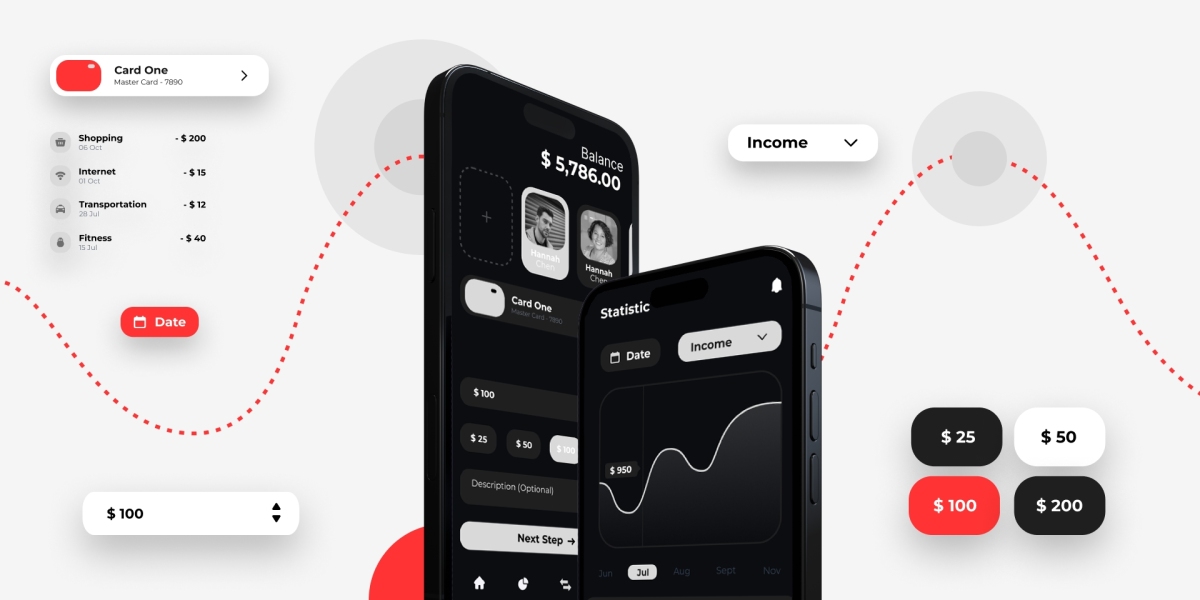As Per Market Research Future, the Commercial Refrigeration Equipment Industry is evolving rapidly, influenced by changing consumer preferences and the need for sustainable practices. This industry includes various applications, from supermarkets to restaurants, reflecting its versatility. Key players are focusing on innovation and product development to meet the demands for energy efficiency and advanced features. The rise of e-commerce and food delivery services is also reshaping the industry, driving the need for reliable refrigeration solutions to ensure product freshness and safety throughout the supply chain.
The Commercial Refrigeration Equipment Market plays a vital role in supporting global food safety, retail operations, and industrial supply chains. From supermarkets and restaurants to cold storage warehouses and pharmaceutical facilities, commercial refrigeration systems ensure that perishable goods remain safe, fresh, and high in quality. As the demand for frozen and chilled products continues to rise, the market is experiencing significant growth powered by innovation, energy-efficient technologies, and expanding retail formats.
Market Overview and Growing Importance
Commercial refrigeration equipment includes refrigerators, freezers, display cases, beverage coolers, cold rooms, ice machines, and refrigeration compressors. The market's expansion is strongly linked to changes in consumer lifestyle patterns, increased consumption of ready-to-eat foods, and the rapid growth of food retail chains. Urbanization and rising disposable incomes have boosted demand for food and beverage products requiring temperature-controlled storage, prompting businesses to invest in modern refrigeration solutions. Additionally, the pharmaceutical and healthcare sectors rely heavily on refrigeration systems for vaccine storage, blood banking, and laboratory applications.
Key Market Drivers Boosting Demand
Several factors are accelerating growth in the commercial refrigeration industry. The rise of hypermarkets, convenience stores, and online grocery platforms has increased the need for advanced refrigeration systems capable of maintaining consistent temperatures. The global shift toward energy-efficient equipment has encouraged manufacturers to design refrigeration units that consume less electricity, use eco-friendly refrigerants, and deliver higher performance. Stringent food safety regulations and guidelines have also pushed businesses to adopt modern refrigeration technology that ensures compliance with hygiene and temperature standards. The expansion of the hospitality sector, including hotels, resorts, and restaurants, further contributes to market demand.
Technological Developments in Commercial Refrigeration
The refrigeration industry is undergoing rapid modernization with advancements such as smart temperature monitoring, IoT-enabled systems, and digital diagnostics. New refrigeration systems use environmentally friendly refrigerants, meeting sustainability goals while reducing emissions. Remote monitoring technology allows operators to manage performance, detect faults early, and optimize energy usage. Manufacturers are also introducing modular and space-efficient designs suitable for small retail stores, cloud kitchens, and mobile food businesses. These innovations enhance reliability, ease of maintenance, and operational efficiency.
Applications Across Various Sectors
Commercial refrigeration equipment is essential for multiple industries. In the food retail sector, refrigerators and freezers support the display and storage of dairy, meat, and frozen goods. The beverage industry uses specialized coolers and vending machines to maintain product freshness. Cold storage warehouses depend on large-scale refrigeration systems to preserve bulk inventories for manufacturers and distributors. The medical and pharmaceutical industries rely on advanced refrigeration for vaccines, injectable medicines, organ preservation, and laboratory specimens. Each application requires precise temperature control and robust performance to ensure product safety.
Market Challenges and Long-Term Outlook
The commercial refrigeration market faces challenges such as high installation costs, maintenance expenses, and the need for trained technicians. Environmental regulations related to refrigerants create ongoing compliance responsibilities for manufacturers and business owners. Rising energy costs also influence equipment preferences, pushing companies toward sustainable and low-energy options. Despite these challenges, the market outlook remains optimistic. Global retail expansion, increasing demand for cold chain logistics, and ongoing technological innovations are expected to drive significant growth in the coming years.
FAQs
1. What is driving demand for commercial refrigeration equipment?
Growth in food retail, cold chain logistics, hospitality, and pharmaceutical applications is driving market demand.
2. Are modern commercial refrigeration systems energy-efficient?
Yes, many new systems use eco-friendly refrigerants and advanced compressors designed to reduce energy consumption.
3. Which industries rely most on commercial refrigeration?
Food retail, beverages, hospitality, healthcare, and pharmaceutical industries depend heavily on refrigeration equipment.
More Related Reports:





